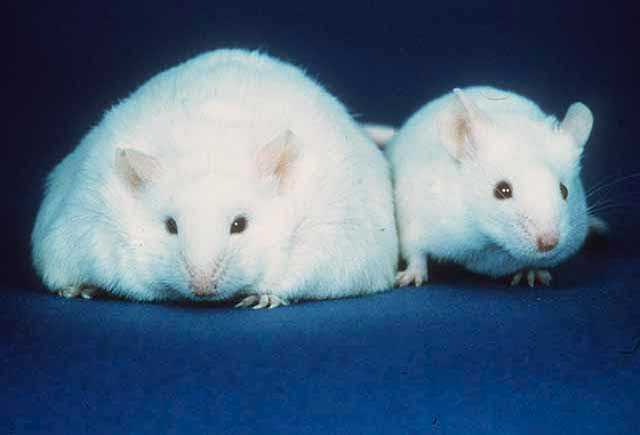Hormones – Leptin

What is Leptin?
What happens when Leptin levels decrease?
If there is a decrease in your leptin levels, your brain will respond to this as if your body was starving. Basically, if your brain cannot see the leptin signal, the brain thinks the body is starving which will turn you into the so called “coach potato” so you don’t burn excessive energy. Your brain will say “We need to conserve as much energy as possible just in case we cannot find food for a long time.” Your body in turn will degrade its own metabolism to conserve calories. This happens in humans naturally during pregnancy and puberty.
What is the parallel between pregnancy and puberty you ask?
These are two times in your life where you need to gain weight! Put it this way, if Leptin worked all the time, you could never gain weight. If you cannot gain weight (especially when pregnant) our species could not survive. Using Darwinian thought processes, if you cannot gain weight and store energy you will not be “fit” enough to survive, thus resulting in extinction!
What about the individuals that are pre/post pubescent, and those who are not pregnant?
Leptin tells the hypothalamus that you have the energy to burn. So if the hypothalamus sees the leptin signal, your body will go into Anorexigenesis (loss of appetite). This means that your brain knows it’s not hungry, and that the body can burn fat for energy. This process turns on the Sympathetic Nervous System which will result in an energy surge and cause fat cells to release fat.
Anorexigenesis also tells the Vagus nerve (known as the energy storing nerve) to stop releasing insulin as the body is not hungry. Now, if the hypothalamus does not see the leptin signal, this will result in Orexigenesis (gain of appetite). Bascially your brain will see the body as being hungry and cause it to store “energy”. When this happens, the Sympathetic Nervous System will turn off. With the SNS turned off, the Vagus nerve to turns on. The body is then seen as being hungry and in need of more leptin. When the body needs leptin IT RELEASES MORE INSULIN!
Here is an example of how the body reacts with leptin being seen as opposed to leptin not being seen.
After you eat a bunch of candy and wash it down with soft drinks, you bodys fats cells fill up. Once filled up, leptin is released to brain which will increase your Sympathetic nervous system. This causes you to get a surge of energy known as the “Sugar-High.” The brain sees this as an opportune time to burn off energy using fat as extra energy available. Remember the release of Leptin stimulates SNS.
Now, if your brain cannot see the Leptin signal, the body assumes it’s starving, so it will slow down all metabolic functions to conserve energy. Even after consuming a soft drink/soda, if one is LEPTIN RESISTANT, the body does not realize it has just consumed food. So you stay hungry, sit around, and look for more food trying to get your brain off of “starvation-mode.”
Scientists have discovered that obese people produce MORE Leptin than lean individuals. They actually found that obese individuals have high leptin levels with an impaired response to it. This suggests the presence of “leptin resistance” which is linked to the impaired leptin transport across the blood-brain barrier. This causes reduced hypothalamic leptin signaling and results in an increase in food intake and fat storage in adipose and liver tissue. Basically, the Leptin is not binding to the receptor site in the brain causing the brain to ask for more leptin (hence the increased levels in plasma).
About the Author Vinny Russo
I have a Bachelors in Science, I am PN.1 certified, NFPT certified, and in the process of obtaining my CN.L (Clinical Nutritional License) and my MSCN (Masters in Applied Clinical Nutrition). My mission is help you reach your health-related goals while educating throughout our journey together. The goal is to have you become a master of your own health by teaching you how nutrition works and what works best for your individual body.
Session expired
Please log in again. The login page will open in a new tab. After logging in you can close it and return to this page.
